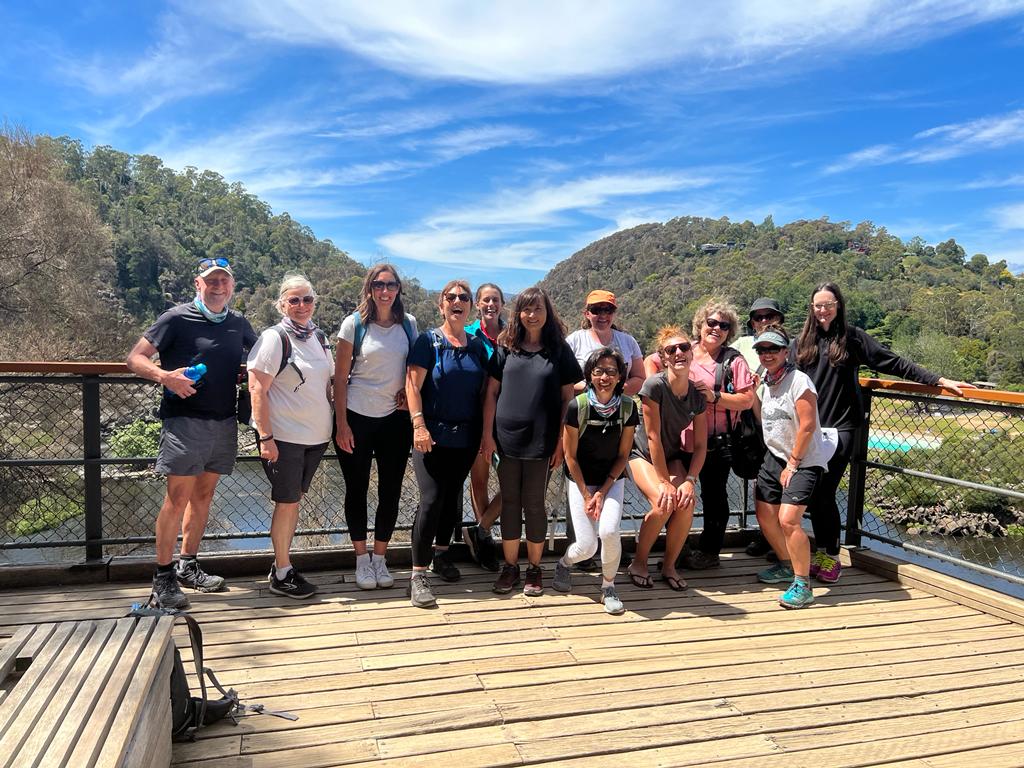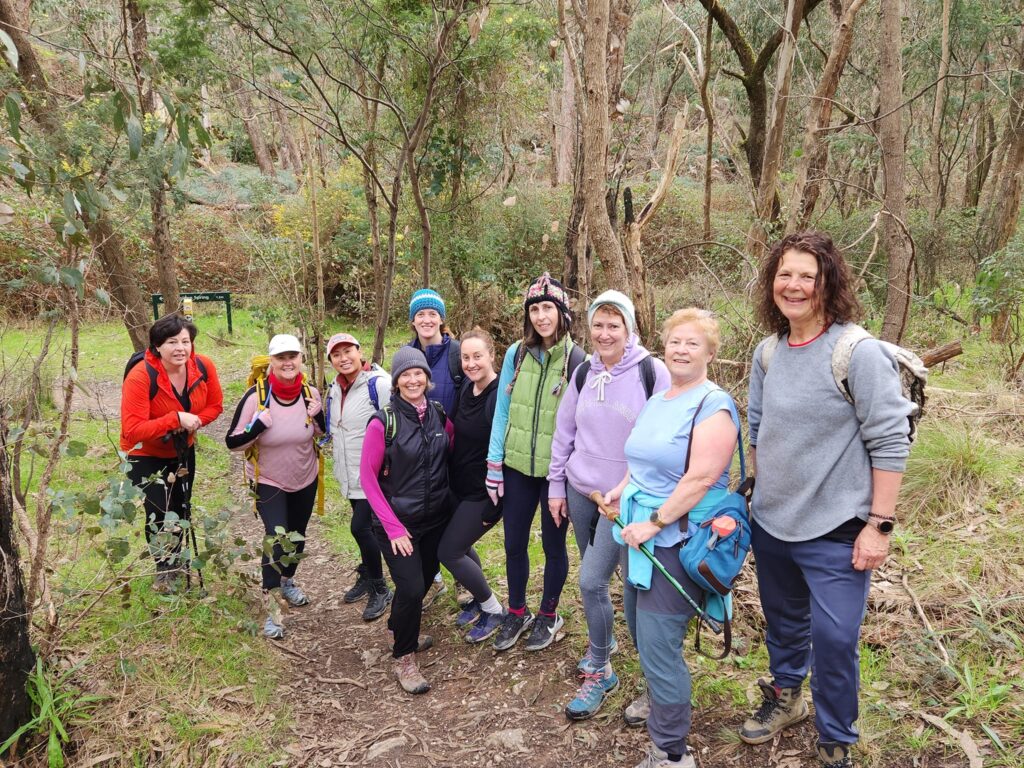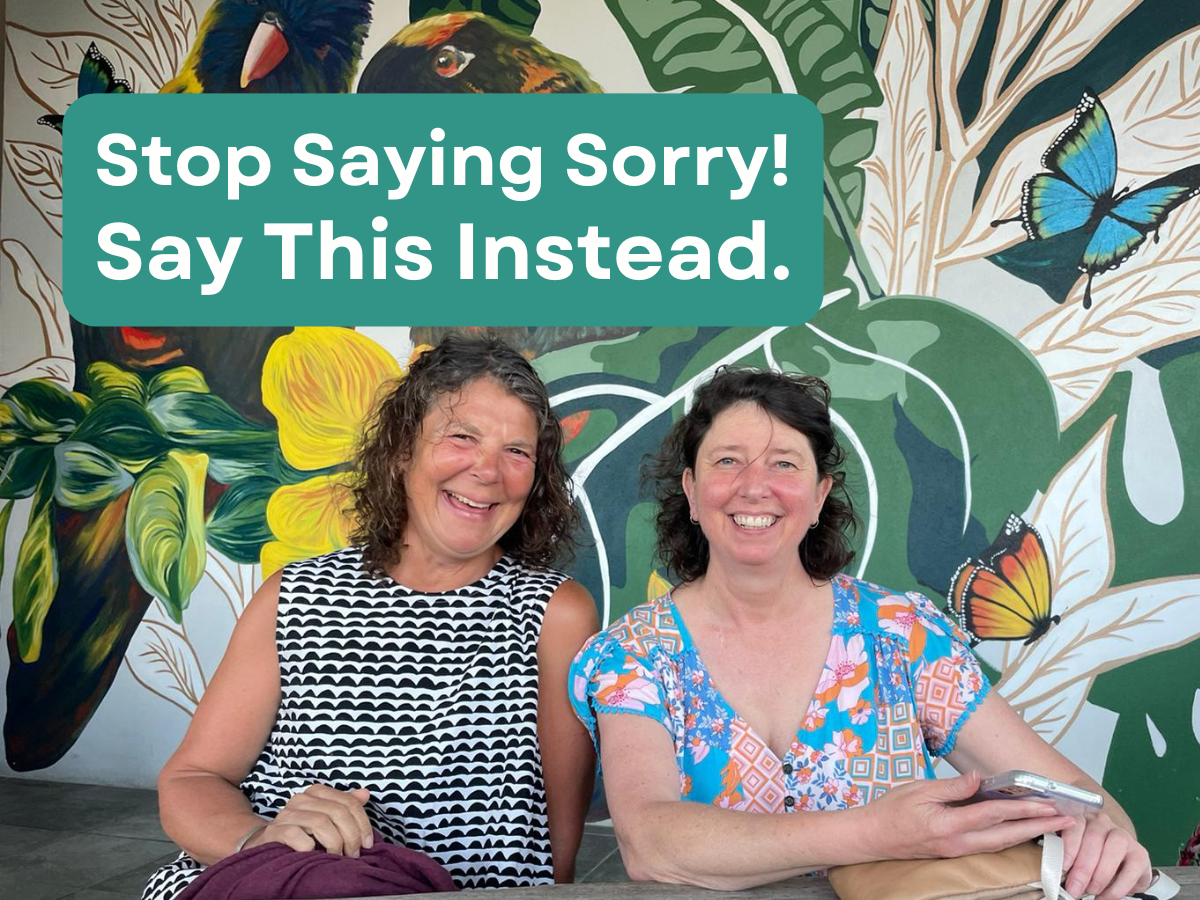Have you ever noticed how often we say “sorry” throughout the day? Sorry for being late. Sorry for the delay. Sorry for the mistake. Sorry for the inconvenience.
It’s a reflex, one that many of us use without thinking. While apologising is important and necessary in certain situations, overusing “sorry” can unintentionally place us in a cycle of guilt and self-doubt. It can make us feel like we’re constantly in the wrong, even when no real harm has been done.
Recently, I had an experience that made me realise just how much of a culture we have around excessive apologies. A weekend away, meant to be a relaxing city escape, turned into a series of small frustrations, from delayed check-in to an overcrowded pool, long waits for service, and incorrect charges. None of these things were major on their own, but what stood out was the constant stream of apologies.
Every staff interaction was filled with, “I’m so sorry for the wait,” “Apologies for the mix-up,” “Sorry about the inconvenience.” And after 24 hours of this, it didn’t even feel like they were genuinely acknowledging the issues anymore. It felt like they were simply pacifying me. Instead of solutions, I was being given apologies. This got me thinking: What if, instead of defaulting to “sorry,” we shifted our language to something more empowering?


When we constantly apologise, we reinforce a sense of shame. We place ourselves in a position of guilt, even when no real wrongdoing has occurred. Mishaps are part of life and adventure after all. But when we thank someone instead, we shift the conversation from shame to gratitude, from guilt to acknowledgment.
Try these swaps:
Sorry for being late > Thank you for waiting for me
Sorry for the delay > Thank you for your patience
Sorry for the mistake > Thank you for your understanding
Sorry for the inconvenience > Thank you for bringing this to my attention
See the difference?
Gratitude fosters connection. It acknowledges the other person’s effort rather than focusing on your own perceived shortcomings, making the other person feel good about themselves as well. It creates an atmosphere of positivity, collaboration, and problem-solving rather than guilt and defensiveness.
When we say “thank you” instead of “sorry,” we:
Promote a growth mindset: Instead of feeling bad about mistakes, we acknowledge them as opportunities to improve.


Encourage stronger relationships: Expressing gratitude makes people feel valued and respected, which strengthens connections.
Boost confidence: Shifting away from unnecessary apologies allows us to communicate with more authority and self-assurance.
Create a culture of acknowledgement: Whether in the workplace or at home, a culture that values patience and understanding leads to higher morale and well-being.
Here’s a simple challenge for you to try today. For the next 24 hours, pay attention to how often you say “sorry.” See if you can replace it with a phrase of gratitude instead. Notice how it makes you feel—and how others respond to you. By shifting from unnecessary apologies to genuine appreciation, we create stronger, more positive interactions. Now, go out and start thanking instead of apologising!


